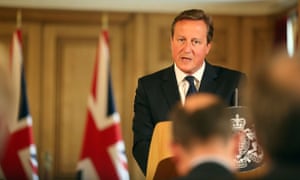November 18, 2015
French President Francois Hollande has said that he will soon meet his Russian and American counterparts, Vladimir Putin and Barack Obama, respectively, in an effort to settle on a united campaign to defeat the so-called Islamic State. It is unfortunate that it took a series of terror attacks on Paris that killed at least 129 people for world leaders to consider coordination among themselves in the fight against ISIS. Though the French government has initiated a massive mobilisation of security personnel at home and stepped up bombing targets in Raqqa, the so-called capital of the “Caliphate”, what would matter eventually in the fight against ISIS is the resolve of the major world powers to formulate a coordinated strategy that’s not driven by their own narrow geopolitical ambitions but by a common goal of defeating the jihadists. To be sure, France has to first tackle the challenges it faces at home. The immediate need is to tighten the loose ends in security and intelligence. Going by the statements of senior Ministers, the Hollande administration is already at it. This is the second time in the year that Paris is being targeted by terrorists. After Friday’s attack, French Interior Minister Bernard Cazeneuve said most of those implicated in the strikes “were unknown to our services”, in an apparent admission of a major intelligence lapse. Paris, along with other European capitals, should also prevent right-wing groups from utilising the post-attack scenario to the benefit of xenophobic politics. Because if the latter gains political capital out of this chaos, that would only sharpen the dividing cultural lines in European society — which will not be in the interest of the continent.
















